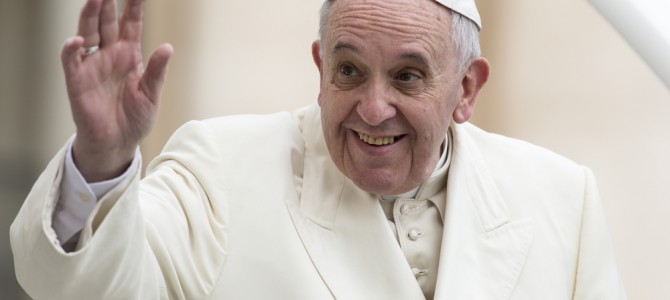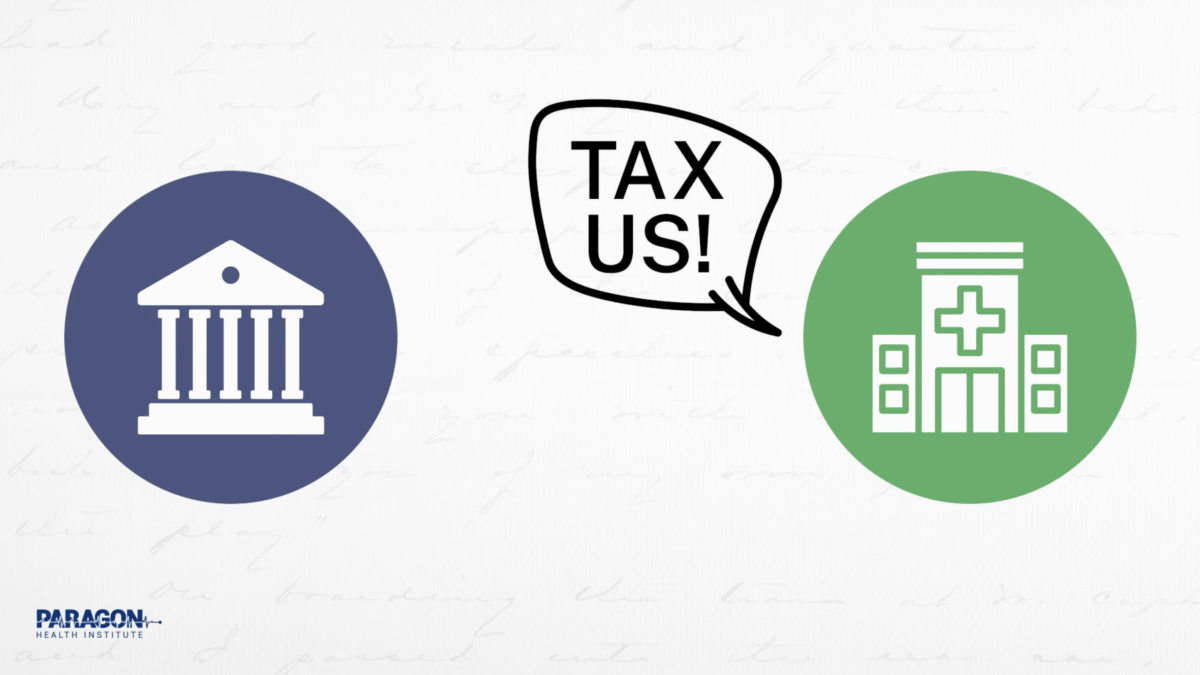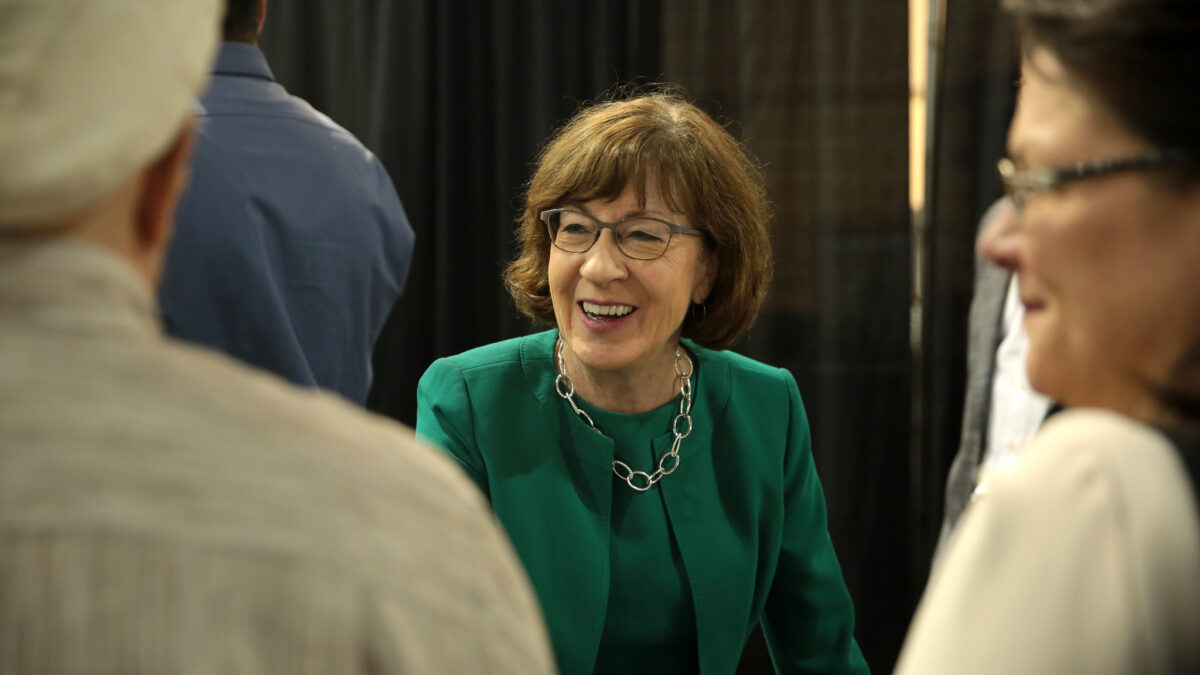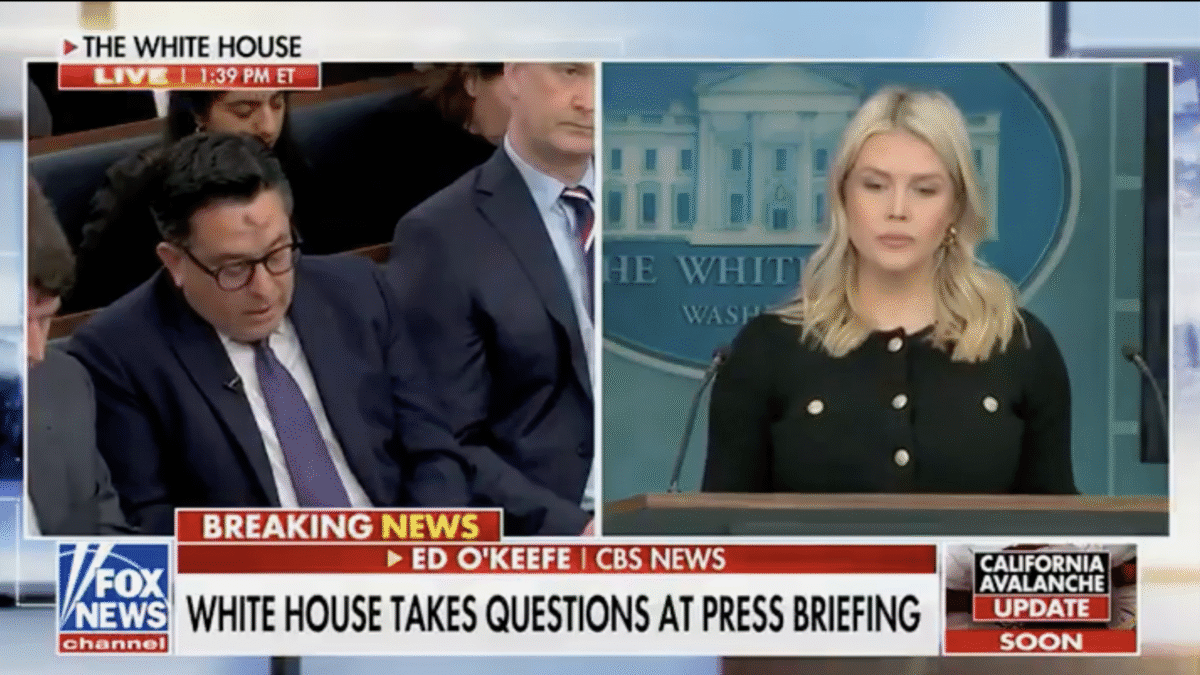
The first pope to grace the cover of Rolling Stone magazine released his highly anticipated treatise on the environment, exhorting us to take better care of “Mother Earth.” The 184-page document has further cemented Pope Francis’ status as a darling of hip 20- and 30-somethings who are already predisposed to blindly accept radical environmentalism.
As a recovering radical environmentalist myself, I was particularly attuned to the way that Pope Francis’ encyclical, Laudato Si, conflated the issue of environmental stewardship with the issues of poverty in much the same way my trainers in the Peace Corps taught me to approach my work as a beekeeping teacher in rural Paraguay. Take, for example, this passage, which explores rural environmental challenges:
In order to continue providing employment, it is imperative to promote an economy which favours productive diversity and business creativity. For example, there is a great variety of small-scale food production systems which feed the greater part of the world’s peoples, using a modest amount of land and producing less waste, be it in small agricultural parcels, in orchards and gardens, hunting and wild harvesting or local fishing. Economies of scale, especially in the agricultural sector, end up forcing smallholders to sell their land or to abandon their traditional crops. Their attempts to move to other, more diversified, means of production prove fruitless because of the difficulty of linkage with regional and global markets, or because the infrastructure for sales and transport is geared to larger businesses. Civil authorities have the right and duty to adopt clear and firm measures in support of small producers and differentiated production. To ensure economic freedom from which all can effectively benefit, restraints occasionally have to be imposed on those possessing greater resources and financial power. To claim economic freedom while real conditions bar many people from actual access to it, and while possibilities for employment continue to shrink, is to practise a doublespeak which brings politics into disrepute. Business is a noble vocation, directed to producing wealth and improving our world. It can be a fruitful source of prosperity for the areas in which it operates, especially if it sees the creation of jobs as an essential part of its service to the common good.
While I don’t doubt for a moment that Pope Francis sincerely wants to help the poor, I think it would be difficult for even the most erudite Catholic scholars to find a coherent message in a passage like this.
For example, he praises business as a “noble vocation” while summarily disparaging “economies of scale.” While he recognizes that poor people need to be connected to the larger economy to rise out of poverty, he also encourages “civil authorities” to constrain those in the larger economy who actually have the capital to invest in new enterprises.
This vacillation between upholding the merits of enterprise and disparaging profits runs throughout the encyclical. If I could sum up his view on commerce in one sentence it would be this: Business is okay, as long as you don’t make too much money.
Of course this encyclical does not make it clear what “too much money” is; nor is there any acknowledgement that enormously wealthy people tend to be the ones with the capacity to invest in large enterprises that provide the sort of broad job creation he says is an “essential part” of the common good.
The Poor Benefit From Commerce
Even more troubling, I sense his encyclical demonstrates ignorance about the lives of some of the poor people he wants to help. It was my experience in Latin America that subsistence farmers largely benefitted from large-scale industrial agriculture. Unlike the “Grapes of Wrath” narrative Pope Francis seems to want to paint, there are thousands of small-scale farmers that actually actively benefit from large-scale industrial agriculture.
In Paraguay, Brazilian soy farmers (who have access to large sums of capital with which to buy tractors and other implements of industrial agriculture) have expanded their operations deep into eastern part of the country. The Brazilians lease land from Paraguayan subsistence farmers and give the Paraguayan land owners a portion of the harvest profits.
When I lived in Paraguay, nearly every farmer in my small village leased all or a portion of their land to Brazilians. With the proceeds from the soy harvest (all genetically modified crops, by the way), they invested in other enterprises like beekeeping, small-animal husbandry, or carpentry. After all, they had time for other businesses because they weren’t in the fields all day tending to crops. Most importantly, these farmers also invested in education for their children—many of whom were finally able to pursue their dream careers. Often, these careers did not involve farming.
Developed Economies Set the Poor Free
In one particular case, a family in my small community leased their land for industrial agriculture and used the proceeds to send their daughter to seminary. This young lady is now a semi-famous radio evangelist in Paraguay. She would not have been able to study in a private seminary had her parents not leased their land to industrial agriculturalists. This is an example of how industrial agriculture had a key role in furthering the cause of Christ. Surely this is something that would please the pope.
If I could tell Pope Francis one thing I know to be true, it is this: Most subsistence farmers don’t like being farmers. They have no choice. They are shackled to the land. His Rousseauian understanding of the nobleness of subsistence farming sounds a lot like the sort of nonsense I learned while training for the Peace Corps. It is an alarming indication that he hasn’t spent much time with rural poor people who are actually living hand to mouth, people who are barely able to grow enough food to feed their families and never have enough money to be secure.
I don’t know where large-scale, industrial agriculture is forcing poor farmers off their land—but it is not in Paraguay. In my experience, large-scale agriculture does not exploit the poor; it sets them free.









